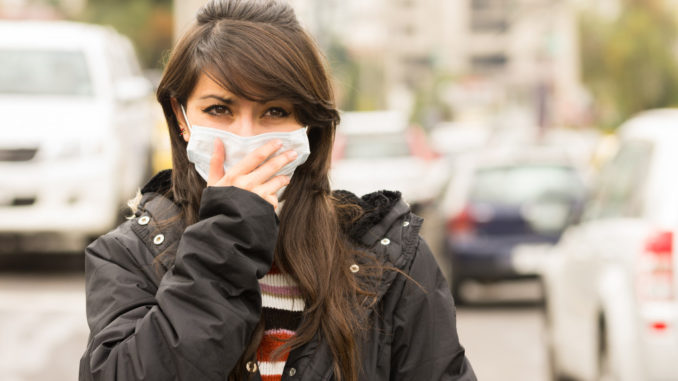
The impact of the coronavirus pandemic has affected not only global and multinational businesses but also small, local businesses and banks like Farmers & Merchants Bank that serve them. Within a few weeks, many companies applied for loans and many more asked for billions in financial relief.
Governments are scrambling to ensure that the virus is contained, but they are also facing economic and financial challenges. In the United States, a stimulus package was approved to help companies survive the pandemic. But research has proved that many small companies, especially in the restaurant business, have closed in the first three months since lockdown started.
Amidst the closures, the saddest calls are from ordinary people who have lost jobs. Those who work in bigger companies have a higher percentage of keeping their jobs than those who work for small to medium enterprises; a trend that many economists observed since the pandemic began. But is there a way communities could support small businesses and their neighbors?
Encourage Small Businesses to Protect Employees’ Health
Local businesses need to reinforce hygiene and sanitary protocols if they decide to continue operations. Care packages for employees that include PPEs, sanitizers, and even temperature checkers could go a long way to ensure that exposure is limited. This could also include limiting the number of employees per shift to ensure that social distancing measures are maintained.
Design an Interim Operational Business Model
Local businesses should monitor the situation on a daily basis and create a business operation plan that would meet the local situation and demand. If clients and customers prefer remote services or are more active during certain times of the day, then a business should build an interim operational strategy. They could use this model during the pandemic and help them transition to their regular business operations once everything improves.
Donate to Food Banks
If your community has been hit hard by the pandemic, making a donation to your local food bank could help people who have lost their jobs. Though you might think that donating food is the best, donating money is a better way to help because it gives the food bank the flexibility to provide the kinds of food and supplies that people need in stressful times. Some food banks not only provide meals, but they also provide toiletries, blankets, and other items people need for hygiene.
Be More Open to Remote and Alternative Services
If you are one of the thousands who have lost their jobs, consider accepting delivery and remote service jobs that could help you through the tough times. There are many older adults and those whose health are compromised who need daily deliveries of food supplies, medicine, and even work equipment.
You could also ask local businesses to provide options for vulnerable customers, whether it’s through online meetings, teleconferencing, or built-in communication tools or speakers. Some communities are taking hygiene and sanitation measures into their hands, and are enforcing guidelines that would limit contamination and protect vulnerable members of their community.
Stock Up Supplies for a Limited Time

You can still stick up on supplies but make sure that they only cover your needs for a month. Hoarding does not help in times like these, and smaller communities are more prone to shortages if hoarding becomes a problem. It only encourages the mindset that there is not enough for everyone, and creates the illusion that a shortage is imminent when it is not.
The coronavirus pandemic is an unprecedented event in these times, and its effect on global business and economics has revealed the weaknesses within our financial and economic systems. But there is a way that people and their communities could survive, and that largely depends on how much people care for each other.
